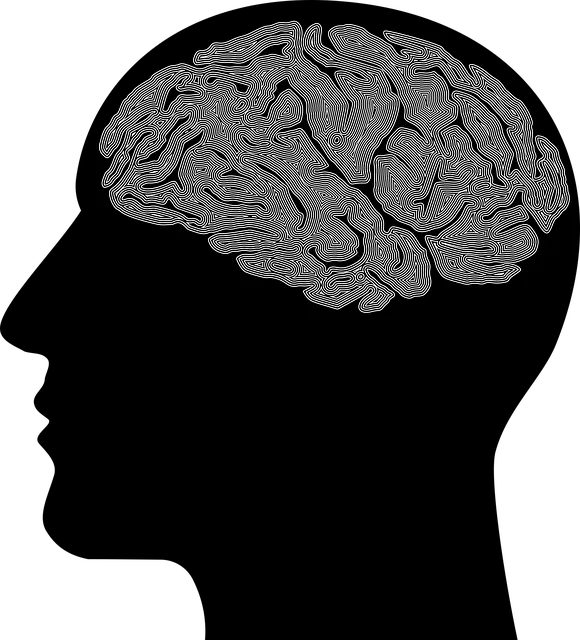Crisis Intervention Teams (CITs) play a vital role in modern healthcare, especially within Kaiser Permanente's comprehensive training programs in Centennial. These teams swiftly address mental health crises, enhancing patient safety and well-being through specialized care. The programs go beyond standard crisis management by emphasizing holistic approaches that include evidence-based self-care, emotional healing, risk management planning, interactive workshops, and scenario simulations. Through these initiatives, Kaiser Permanente's training in Centennial empowers individuals with coping skills, conflict resolution techniques, and crisis navigation knowledge, fostering a culture of compassion and support within communities.
Crisis intervention teams (CITs) play a vital role in modern healthcare, providing immediate support during mental health and medical emergencies. This article explores the importance of CITs and delves into three notable training programs: Kaiser Permanente’s comprehensive approach, Centennial’s specialized initiatives, and their collective impact on enhancing community support. By understanding these programs, we can recognize how effective CIT training revolutionizes crisis management and fosters resilient communities.
- Understanding Crisis Intervention Teams: Role and Importance in Modern Healthcare
- Kaiser Permanente Training Programs: A Comprehensive Approach to Crisis Management
- Centennial's Expertise: Enhancing Community Support Through Specialized Training Initiatives
Understanding Crisis Intervention Teams: Role and Importance in Modern Healthcare

Crisis Intervention Teams (CITs) play a pivotal role in modern healthcare, especially within organizations like Kaiser Permanente training programs Centennial. These specialized teams are designed to swiftly and effectively manage mental health crises, ensuring patient safety and well-being. By integrating CITs into healthcare systems, facilities can enhance their response to psychiatric emergencies, which often present unique challenges compared to physical health crises.
The importance of CITs extends beyond immediate crisis management; they foster a culture of care and support within healthcare settings. Through comprehensive training programs, such as those offered by Kaiser Permanente, healthcare professionals gain valuable skills in de-escalation techniques, cultural sensitivity in mental healthcare practice, and Mental Health Policy Analysis and Advocacy. These programs not only boost confidence among staff but also empower them to navigate complex situations with empathy and proficiency.
Kaiser Permanente Training Programs: A Comprehensive Approach to Crisis Management

Kaiser Permanente Training Programs take a comprehensive approach to crisis management, equipping mental health professionals with the tools and skills needed to effectively navigate challenging situations. Located in the heart of Centennial, these programs focus not only on crisis intervention techniques but also on fostering resilience among both practitioners and those they serve.
The training incorporates evidence-based Self-Care Practices and Emotional Healing Processes, ensuring that professionals can manage their own well-being while providing support to others. Furthermore, Risk Management Planning is a key component, enabling mental health professionals to anticipate potential crises and implement strategic interventions. Through interactive workshops and real-life scenario simulations, these programs prepare practitioners for the dynamic nature of crisis situations, ultimately enhancing their ability to make informed decisions and deliver quality care.
Centennial's Expertise: Enhancing Community Support Through Specialized Training Initiatives

Centennial’s expertise lies in enhancing community support through specialized training initiatives, such as those offered by Kaiser Permanente training programs. These programs are designed to empower individuals with critical coping skills development and conflict resolution techniques, enabling them to effectively navigate challenging situations. Through interactive workshops and comprehensive crisis intervention guidance, Centennial ensures that participants gain practical knowledge and emotional resilience needed to address crises head-on.
By leveraging the resources and expertise of organizations like Kaiser Permanente, Centennial bridges the gap between theoretical understanding and real-world application. This tailored approach fosters a supportive environment where learners can develop effective strategies for de-escalation, communication, and problem-solving. Ultimately, these training initiatives contribute to building stronger, more resilient communities capable of responding effectively during times of crisis.
Crisis intervention team (CIT) training is a vital aspect of modern healthcare, as highlighted by organizations like Kaiser Permanente and Centennial. The former’s comprehensive programs showcase an integrated approach to crisis management, while Centennial’s initiatives emphasize the power of specialized community support. By investing in CIT training, these entities are not only equipping professionals with essential skills but also fostering safer, more supportive environments for all.






